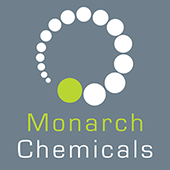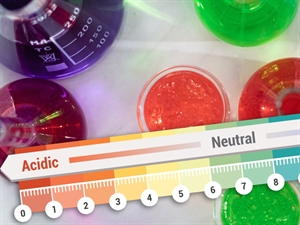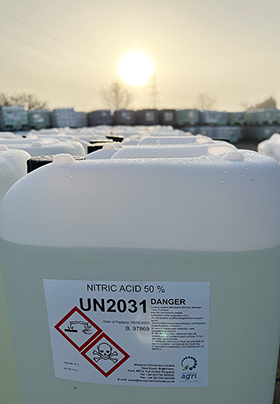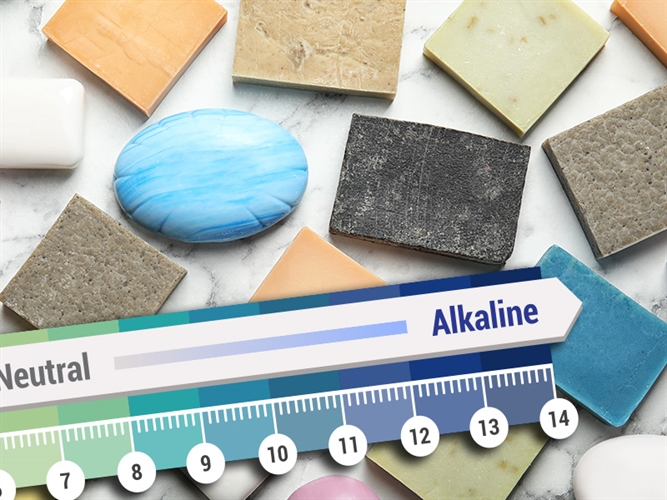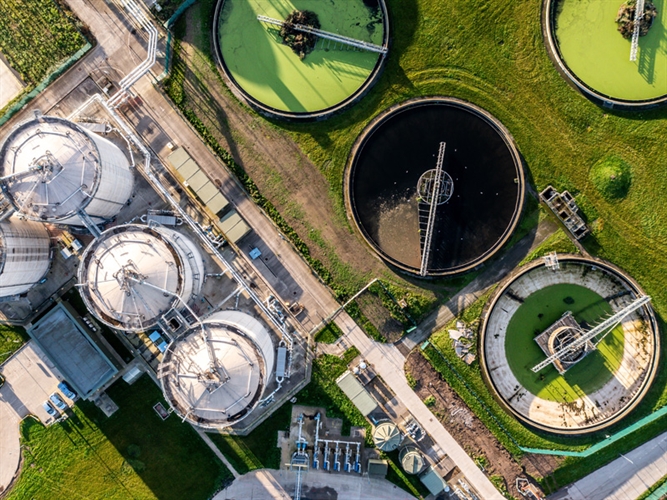Acids play a crucial role in almost all industries, from food and drink production through to industrial processing, engineering, and metal treatment. Although thought of as having the same functions, acids are not the same and each one possesses different properties from another such as strength, form (such as solid, liquid or gas) and how it reacts in certain environments.
Below we list the 10 most common acids and their uses or applications.
